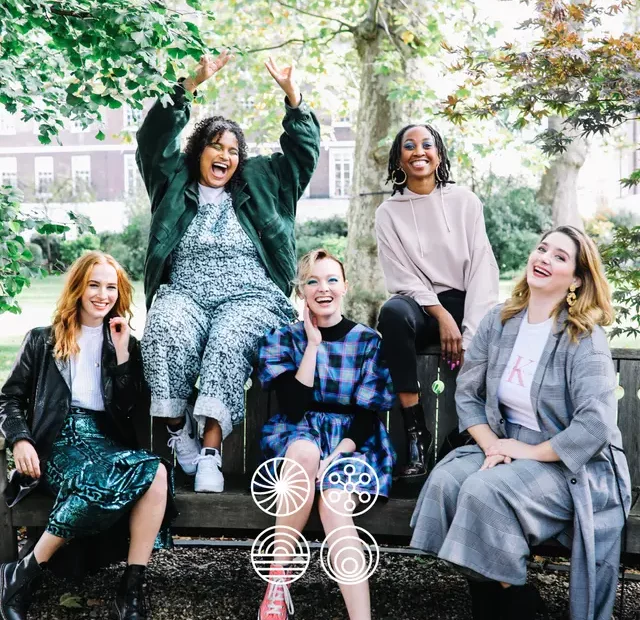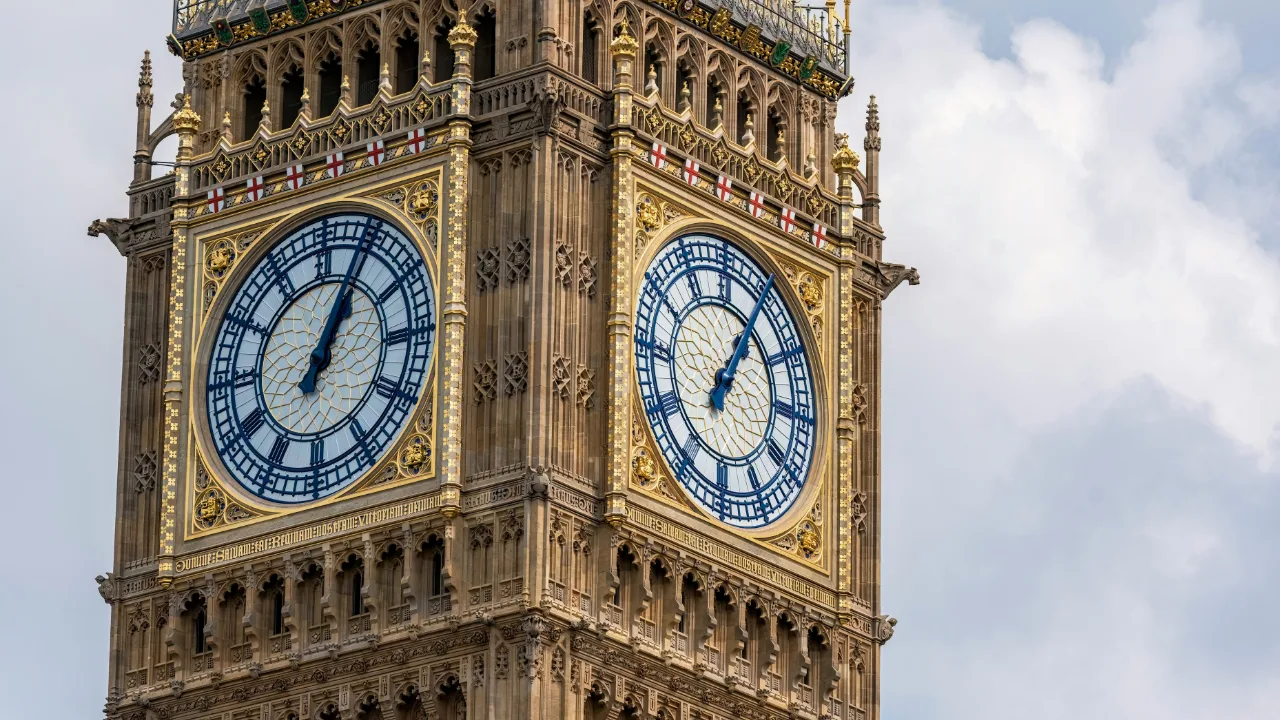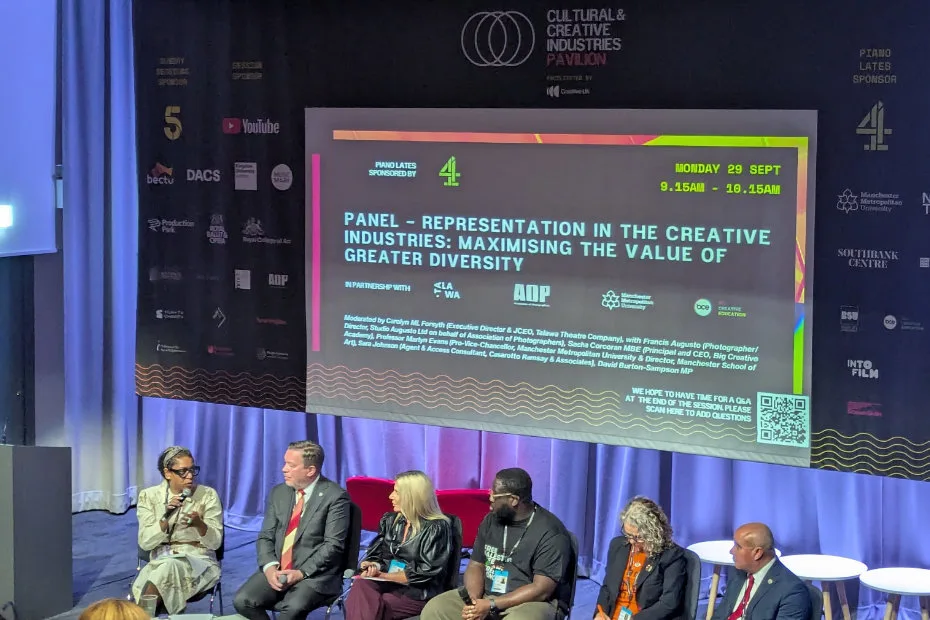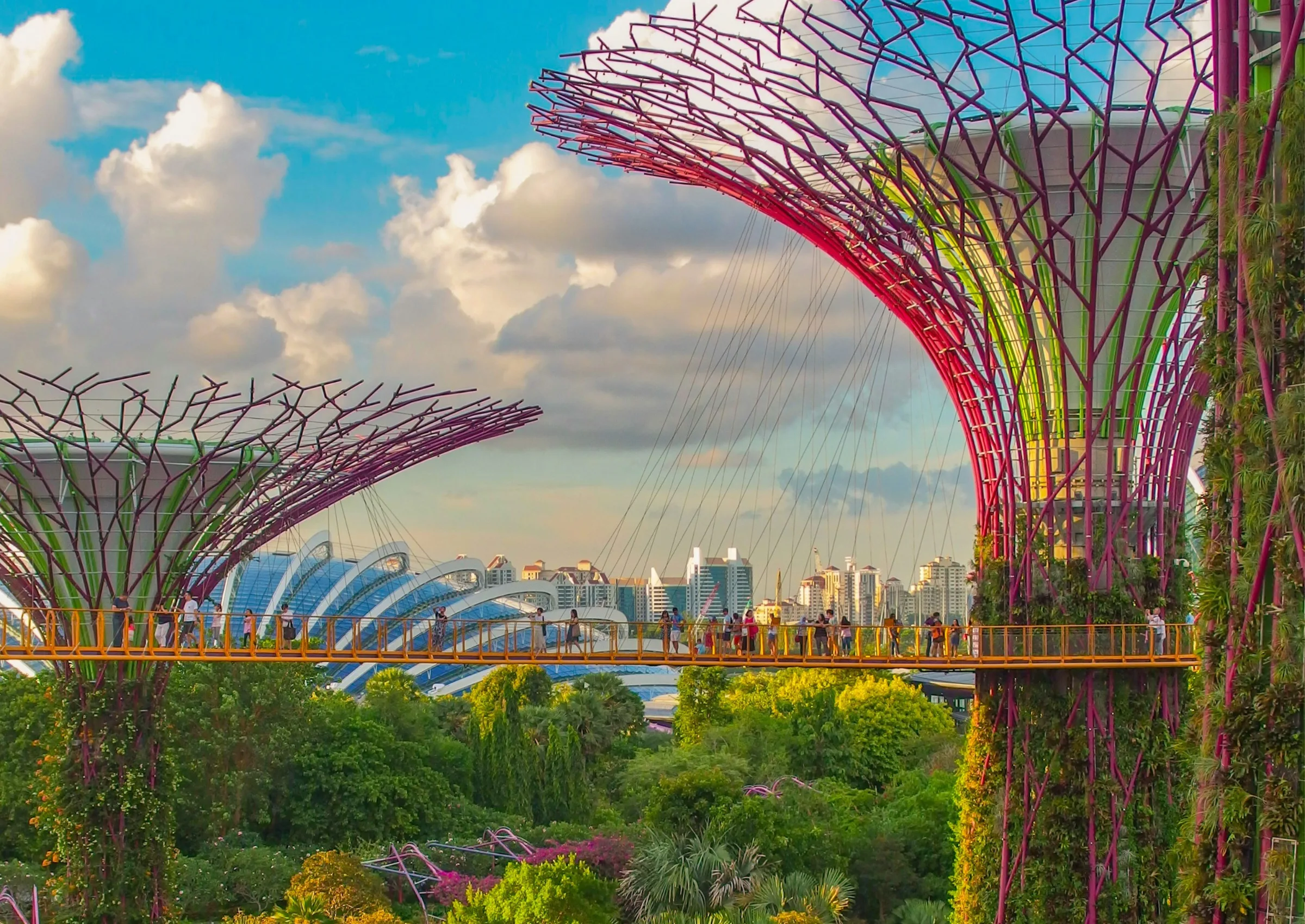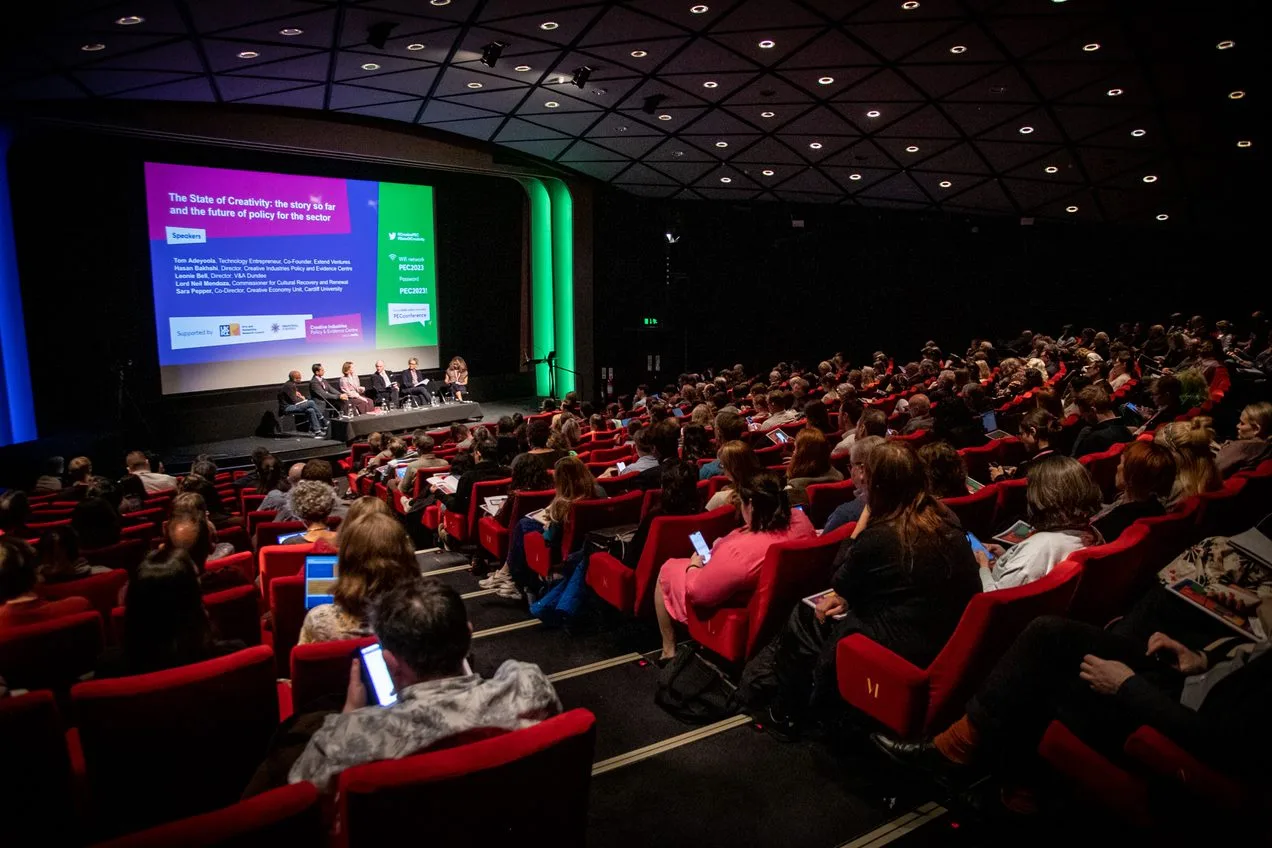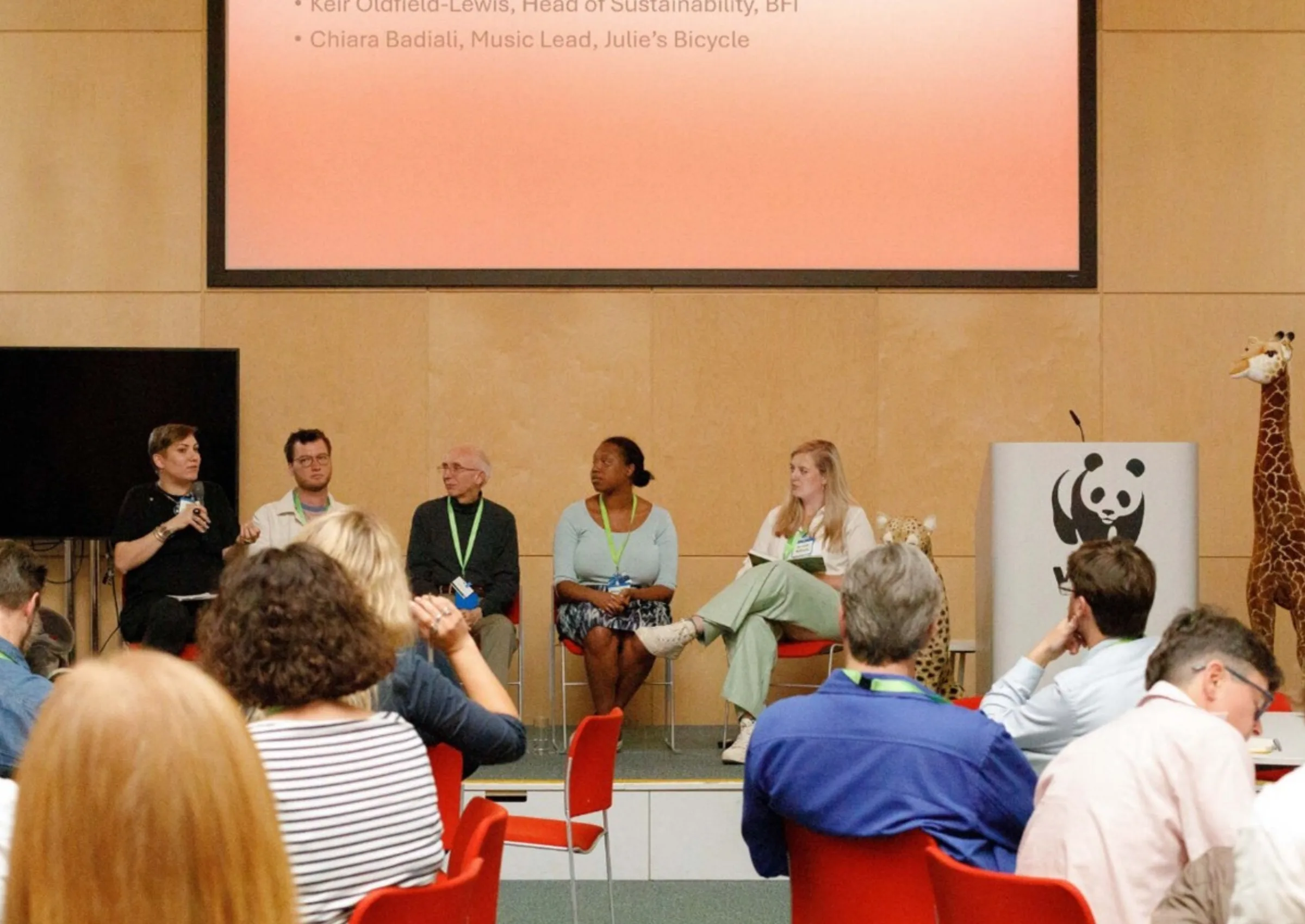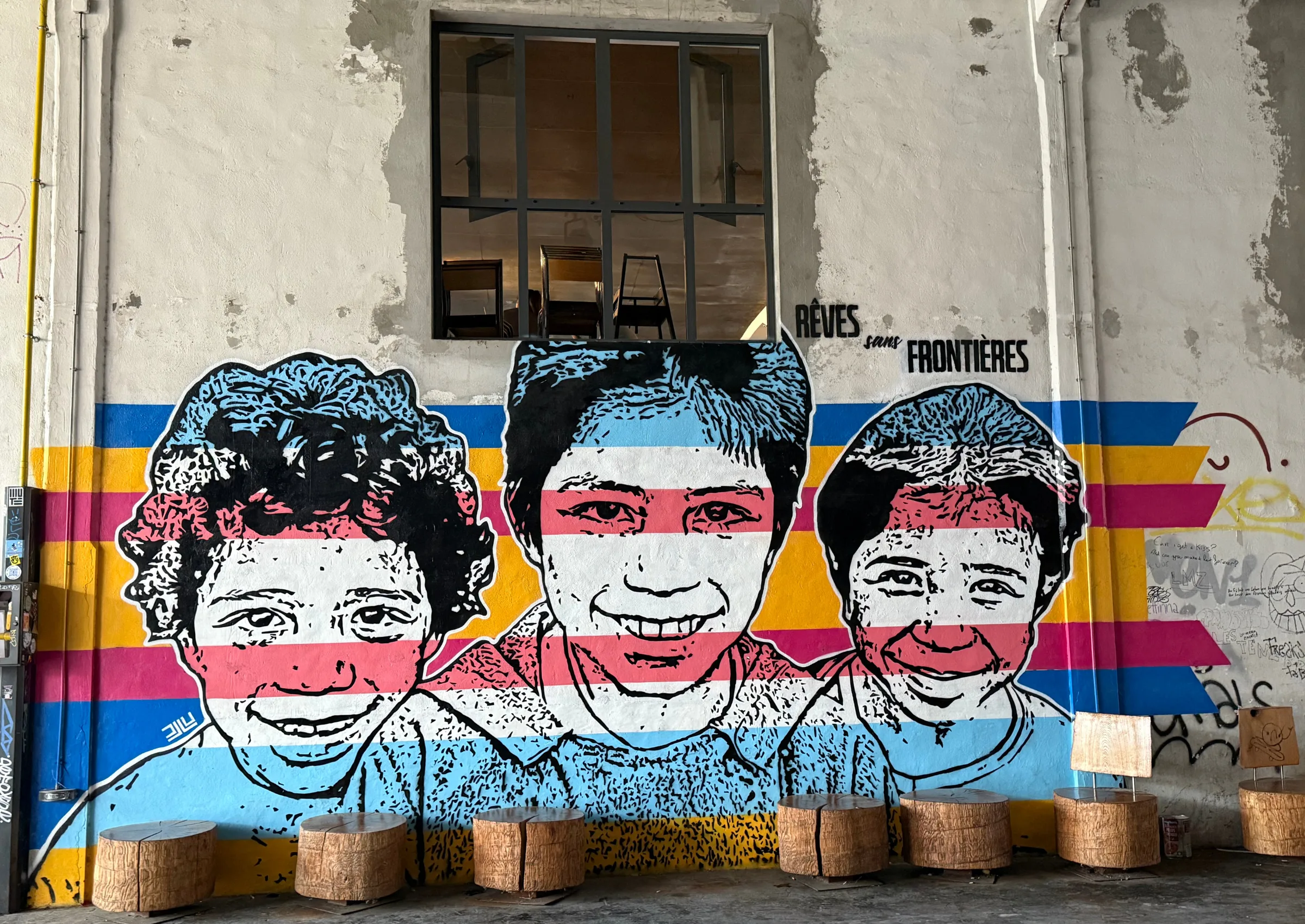The UK fashion industry, like other sectors, is experiencing significant transformation due to the collision of three major issues: climate emergency, Brexit transitions and the economic and social crisis caused by Covid-19.
The pandemic and the climate emergency have served to sharpen the focus on all that is wrong with the former fashion “business as usual”, and accelerate the urgency for major system changes to meet the UK’s net zero targets. In addition, preparations for Brexit were also negatively affected, with many companies needing to rely on new local partners to overcome the upheaval brought by severe supply chain disruptions. On the other hand, Brexit forced many companies to relocate some of their supply chain operations in mainland Europe.
Responding to this 3-fold challenge, changes in both creative business practices and the geographical configuration of supply chains could re-invigorate a sector that has huge cultural and economic significance for the UK, and support net zero targets.
UK fashion designers are globally renowned for creativity and innovation and for over a decade many fashion designer/entrepreneurs have pioneered new ways of doing business that foreground sustainability values and practices through innovative products, services and systems. But in terms of policy, most attention is given to the mass market segment of the industry, overlooking the economic, social and environmental value of micro, small and medium design-led businesses (MSMEs) that make up such a significant part of the fashion economy.
This study acknowledges the pivotal role of the UK’s design-led fashion MSMEs to lead by example in pioneering sustainable practices that can be scaled out to the wider sector. The project brings together expertise from Centre for Sustainable Fashion (CSF) and the Fashion Business Research Centre (FBRC), both at London College of Fashion, UAL. We will apply findings from recent CSF research into the sustainable practices of fashion MSMEs, (see Fostering Sustainable Practices FSP), and a pre-pandemic survey by the Business of Fashion Textiles and Technology partnership (led by UAL), combined with new research mapping the changing geographical configuration of the industry (including offshoring and reshoring) in response to the challenges and opportunities both Brexit and Covid-19 scenarios.
Our research will provide vital new evidence of best practices across UK regions and assess the most critical areas in terms of policy. In particular, it will demonstrate and support the transitions to new forms of sustainable prosperity by applying new measures of success for small sustainable fashion businesses that are holistic, integrating social, cultural and environmental impact measures with more conventional business practice indicators. Big is not necessarily better – transformation can come from replicating good and innovative practices across the industry and encouraging new businesses niches.
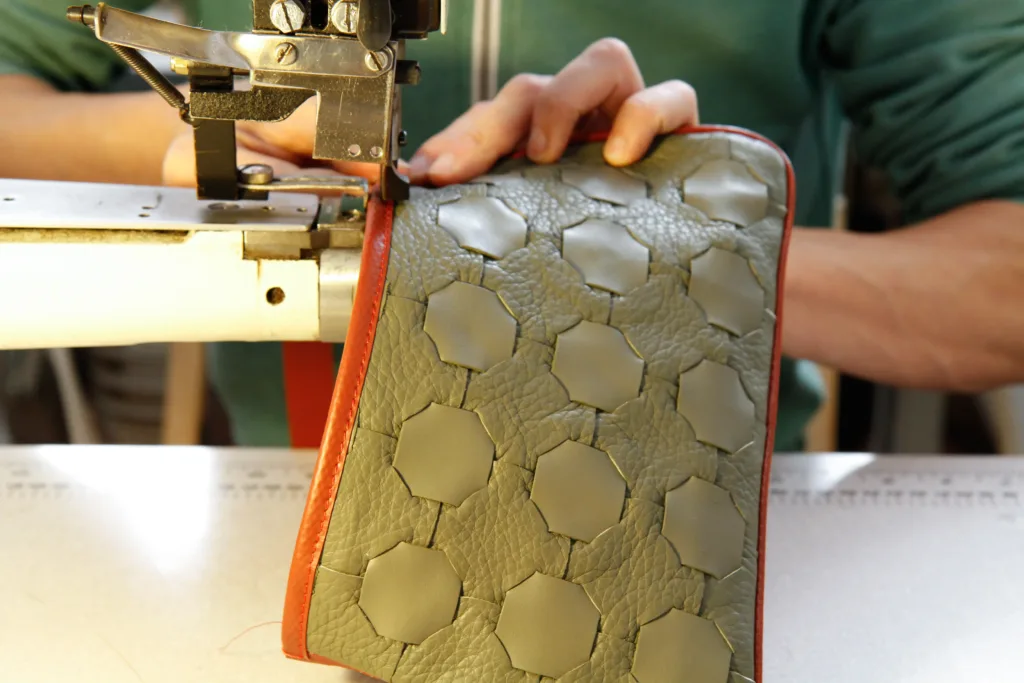
CSF’s recent research project Rethinking Fashion Design Entrepreneurship: Fostering Sustainable Practices (FSP) developed a unique evidence-led guide to the sustainable practices of fashion MSEs as drivers of innovation towards social, environmental, cultural, and economic prosperity. These research findings will be applied in new UK regions and with new support organisations (including Local Enterprise Partnerships) to inform policymakers of the needs of this economically important part of the creative sector and identify ways in which it can be supported and invigorated.
New best practices will be identified to accelerate actions to support achieving industry net zero goals in the face of the climate emergency. Our UK wide survey will identify the impact, opportunities, and challenges of Brexit two years on, and its effect in combination with the Covid-19 pandemic.
Fashion has often been under-represented in policy initiatives, and the policy recommendations will address the sector specific gap, whilst being applicable across the creative industries. The policy impact derives from up-to-date research evidence at a time of three major concurrent challenges that has catalysed a transformation of the fashion (and other) industries to contribute actively to UK net zero targets. The findings will inform government interventions that can help fashion MSMEs exploit the opportunities and curb threats associated with relocations in the future.
A key policy impact would be the recognition of the strategic importance of sustainable design entrepreneurs and fashion as a critical sector in government initiatives relating to net zero economies. This can be achieved through support for MSMEs and using criteria that recognise more than economic value as measures of success. This involves working across government departments to support sustainable innovation initiatives and scale out best practices.
This recognition will support the acceleration of the UK sustainable fashion sector, informing the adoption of new industry practices for sustainable prosperity across UK regions. Our new evidence will support policy that enables an amplification of this work, to encourage and support a wide range of creative design and service enterprises with new business configurations and wider measures of success.
This climate change initative is still at an early stage – if you would like to stay up to date with our plans and latest research, sign up to our newsletter.
Hero image credit – NuW clothes sharing app
Thumbnail image credit – Raeburn Design
Related Blogs
What UK Job Postings Reveal About the Changing Demand for Creativity Skills in the Age of Generative AI
The emergence of AI promises faster economic growth, but also raises concerns about labour market di…
Creative PEC’s digest of the 2025 Autumn Budget
Creative PEC's Policy Unit digests the Government’s 2025 Budget and its impact on the UK’s creative …
Why do freelancers fall through the gaps?
Why are freelancers in the Performing Arts consistently overlooked, unseen, and unheard?
Insights from the Labour Party Conference 2025
Creative PEC Policy Adviser Emily Hopkins attended the Labour Party Conference in September 2025.
Association of South-East Asian Nations’ long-term view of the creative economy
John Newbigin examines the ASEAN approach to sustainability and the creative economy.
Take our Audience Survey
Take our quick survey and you might win a National Art Pass.
Culture, community resilience and climate change: becoming custodians of our planet
Reflecting on the relationship between climate change, cultural expressions and island states.
Cultural Industries at the Crossroads of Tourism and Development in the Maldives
Eduardo Saravia explores the significant opportunities – and risks – of relying on tourism.
When Data Hurts: What the Arts Can Learn from the BLS Firing
Douglas Noonan and Joanna Woronkowicz discuss the dangers of dismissing or discarding data that does…
Rewriting the Logic: Designing Responsible AI for the Creative Sector
As AI reshapes how culture is made and shared, Ve Dewey asks: Who gets to create? Whose voices are e…
Reflections from Creative Industries 2025: The Road to Sustainability
How can the creative industries drive meaningful environmental sustainability?
Creating value: the creative economy beyond culture by Marta Foresti
Marta Foresti explains the value of international cooperation as she becomes Chair of the GCEC.
